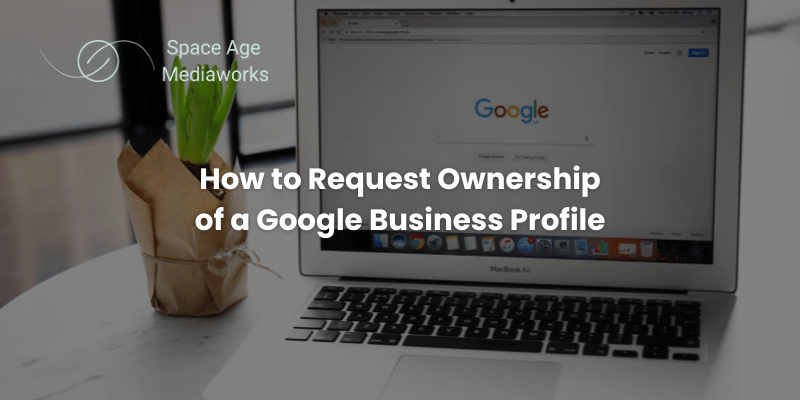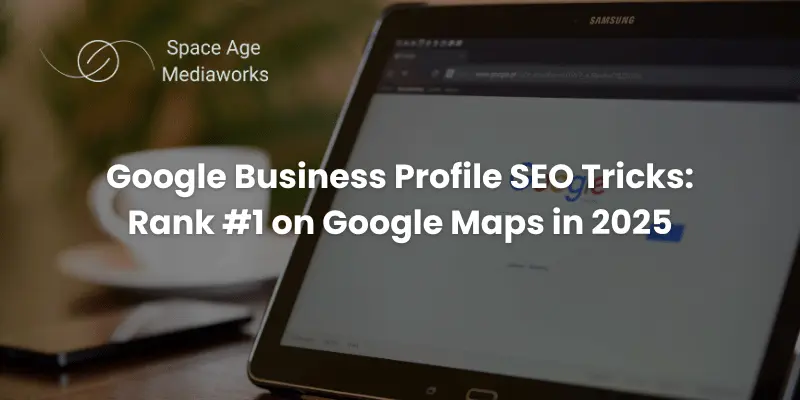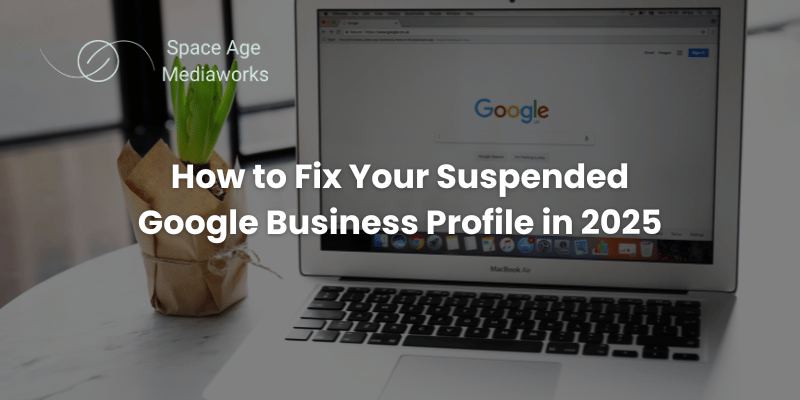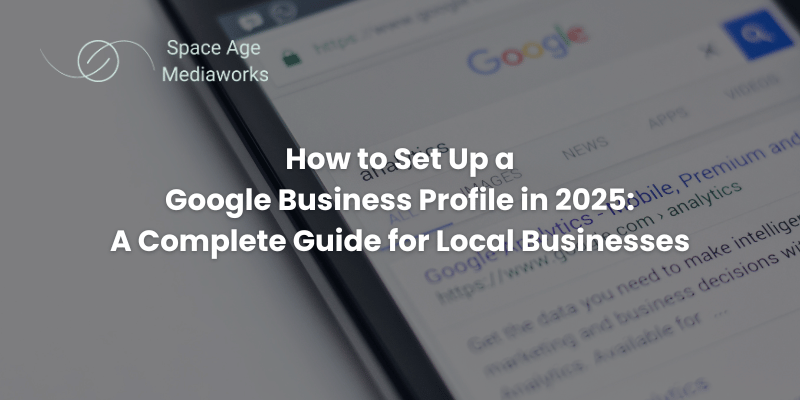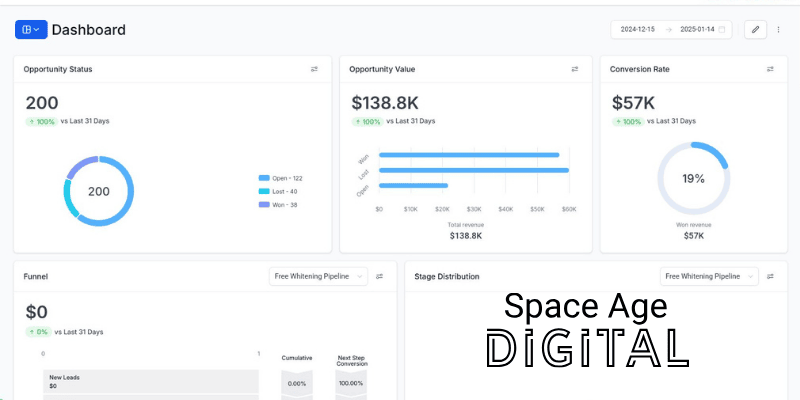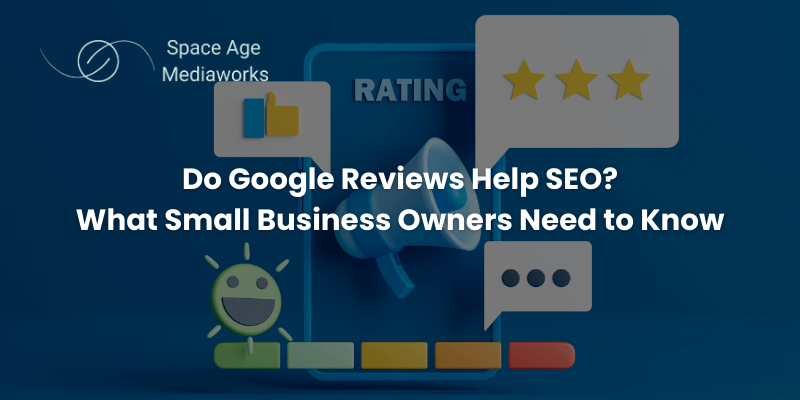
Do Google Reviews Help SEO? What Every Local Business Needs to Know
When you're trying to climb the ranks on Google, every little edge matters — and if you've ever wondered whether Google Reviews play a role in SEO, the answer is yes. Google Reviews aren't just social proof. They're a critical ranking factor for local businesses that want to show up in the Google Map Pack and organic search results.
This guide breaks down how Google Reviews influence local SEO, what business owners need to do to benefit from them, and how they tie into your broader online strategy. We'll also reference several other key topics that tie into review-driven SEO, such as NAP consistency, service page optimization, and Google Business Profile performance.
How Google Reviews Impact Local SEO
Google uses reviews as a signal of trustworthiness, relevance, and authority. The more positive reviews you get — and the more detailed they are — the better your chances of ranking higher in local search results. According to Birdeye's analysis, reviews are one of the top factors for businesses competing in local SEO.
In short: if you're not collecting Google Reviews consistently, you're falling behind.
Where Reviews Matter Most: The Map Pack
Most local businesses are gunning for visibility in the “Map Pack” — that three-business box that shows up right below the ads when someone searches for a local service. Google reviews are one of the most visible ranking signals in the Map Pack.
But reviews don’t work in isolation. They’re part of a broader system of local signals, which include:
- Your proximity to the searcher
- Proper category selection
- A well-optimized Google Business Profile
- Matching service pages with local keywords (learn more here)
- And, of course, NAP consistency (explained here)
Quantity vs. Quality: What Google Looks For
So how many reviews do you need? There's no magic number, but trends show that businesses with 50+ recent reviews tend to outrank those with fewer than 10. But it's not just about numbers.
Google also weighs:
- Recency — Are reviews coming in regularly?
- Star Rating — Is your average above 4.0?
- Length & Detail — Do reviewers explain their experience?
- Engagement — Are you replying to reviews?
A bunch of 5-star reviews from years ago won’t help you compete today. You need a steady stream of high-quality reviews.
Keyword Usage in Reviews
One overlooked SEO booster is how your customers describe your services in their reviews. When they include keywords naturally — like “roof repair in Washington MO” or “fast plumbing service in St. Charles” — it reinforces your relevance for those phrases.
You can’t (and shouldn’t) tell clients what to write, but you can encourage specificity when asking for a review. Instead of “Please leave us a review,” try:
“If you can, mention what service we helped with and where — it really helps other customers find us!”
Those few words can improve the SEO value of your reviews significantly.
Replying to Reviews for SEO
Responding to reviews is another ranking signal Google considers. It shows you're active and engaged, and it gives you a chance to subtly reinforce keywords. For example:
“Thanks for trusting us with your AC installation in Union! We’re always happy to serve local homeowners.”
This reply reinforces both location and service — without keyword stuffing. Just be natural and appreciative, and look for honest ways to include helpful info.
How Google Reviews Support Conversion and Credibility
Beyond rankings, reviews influence conversions. One comparison by Website Builder Expert showed that reviews help build buyer trust, reduce bounce rates, and improve on-site engagement. This sends positive signals to Google that your business is relevant and trusted.
In fact, reviews can make up for other weaknesses. A business with a clunky website might still convert leads if it has 100+ 5-star reviews and recent customer praise.
Still, if you want your reviews to do the heavy lifting, make sure your site can close the deal — with great UX and fast-loading pages.
Negative Reviews and Ranking: Should You Worry?
Bad reviews sting, but don’t panic. A few 1-star reviews won’t tank your SEO — in fact, Google sees a mix of reviews as more authentic.
What matters is how you respond to negative reviews. Do you:
- Acknowledge the issue?
- Apologize (when appropriate)?
- Explain the situation or offer to fix it?
Handling criticism well signals professionalism to both customers and Google.
How Google Reviews Tie Into NAP Consistency
If your business name, address, and phone number (NAP) are inconsistent across directories and your Google Business Profile, reviews might not be attributed correctly. This weakens your trust score.
Our guide on NAP consistency and local SEO explains how to fix this, including how to update incorrect citations across the web.
Bottom line: don’t let technical errors waste the SEO power of your hard-earned reviews.
Optimizing Your Google Business Profile to Maximize Reviews
Before you chase more reviews, make sure your profile is ready for them. That includes:
- Selecting the right business categories
- Filling out your service areas and hours
- Uploading real photos of your work and team
- Setting your primary and additional categories
- Adding a direct review link in your email and text follow-ups
If your Google Business Profile is incomplete or misleading, it may get suppressed or suspended. Use our step-by-step guide to optimize your GBP for 2025 before you send out review requests.
Avoiding Suspensions While Gathering Reviews
Review solicitation is fine — but breaking Google’s rules isn't. Avoid:
- Offering rewards in exchange for reviews
- Creating fake reviews (even one can trigger a suspension)
- Asking staff to post reviews unless they’re also actual customers
If your profile does get flagged or suspended, use our guide to recover a suspended Google Business Profile and make sure your future requests follow Google’s policies.
Review Strategies for Service Businesses
For contractors, home service providers, and similar businesses, the challenge is timing. Clients are busy, forgetful, and often unsure what to say in a review.
Here’s a review collection strategy that works:
- Request by text right after a job is done.
- Include a direct Google review link in the message.
- Ask them to “mention what service we helped with and where.”
- Follow up by email 24 hours later if they haven’t responded.
You can automate this with tools like Space Age Digital — our CRM that makes it easy to text review links, track follow-ups, and manage conversations all in one place.
Next Steps: How to Turn Reviews into a Ranking Advantage
If you're already doing good work and your customers are happy, there’s no reason not to be collecting Google Reviews. They're a proven ranking signal, a trust-builder, and a conversion booster — and when paired with strong local SEO fundamentals, they help your business dominate locally.
To fully maximize the impact of your reviews, make sure your:
- NAP details are consistent across the web
- Google Business Profile is fully optimized
- Review responses are thoughtful and keyword-rich
- Service pages match what your customers are searching for
- Listings aren’t suspended or in violation of Google’s guidelines
If that sounds like a lot to juggle, don’t worry — we help small businesses every day with these exact issues.
Reach out here if you’d like help turning your reviews and online presence into a lead-generation machine.



